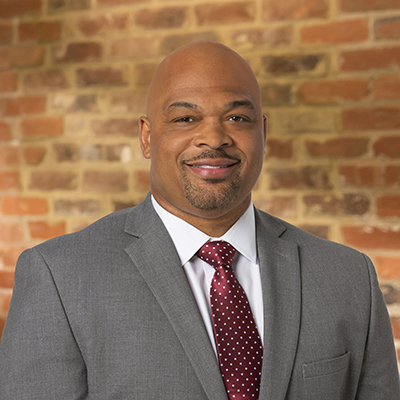Many working parents across Virginia face the harsh reality of selecting a childcare provider to watch their children during the day. These parents often find that established daycare facilities are hard to enroll in, offer limited hours of operation and are exorbitantly expensive. On the other hand, in-home childcare providers often offer more flexibility and convenience at a lower price. More and more parents across Virginia are selecting in-home childcare providers to watch their pre-school aged children during the day.
Licensing Requirements
Virginia does not require any uniform licensing requirements be met until a provider has taken in six children who are not related to them.[1] That means that an in-home childcare provider can watch over five children in addition to their own children before he or she has to meet any state licensing requirements. With safety concerns of paramount importance in this discussion, consider the following steps to guide you through the in-home childcare selection process.
How to Choose an In-Home Childcare Provider
- Perform a background check. Ask neighbors if they would recommend the caregivers. Call parents of children who are currently with the provider or have had children there in the past.
- Visit the site and ask about their policies, hours, fees, activities, and philosophies. Are they flexible to help you with your schedule? Will they accommodate your special requests? What is their teacher to child ratio? Do they have experience?
- Pay close attention to the safety precautions and cleanliness. The floors, walls, bathrooms, kitchen and changing stations should be clean, well lit, and ventilated. There should be established policies on how to keep things clean, when and how often hands are washed, and how to keep toys and equipment in safe working order. Electrical outlets should be covered and heavy furniture should be anchored.
- The home should have an emergency plan, with first aid kits, fire extinguishers, and childproof storage areas. All general child safety issues should be followed. They should have enforced rules on sick children, and should require immunizations to prevent the spread of illness.
- Consider taking your child to the home for a visit. Observe how your child acts in the environment and around the staff. Does your child seem comfortable? Also, the caregivers should be enthusiastic and interact with the children in a positive way. The staff should have a philosophy about discipline, feeding and sleeping that follows your philosophy. The caregivers should have a background in child development, along with first aid training and knowledge of CPR.
- Good providers will have a schedule that allows for play time, quiet time, individual activities, meals, snacks, and group activities. They teach a wide variety of topics, while at the same time, teaching things appropriate for the age group. Also look for toys that are appropriate for the age of your child.
- Contact the Department of Social Services (DSS), which is responsible for licensing child welfare agencies and facilities in Virginia. If the provider cares for more than six children, or more than four children under two years of age, ensure that the provider has a license.[2] Inquire about the provider’s compliance history to see if their license has ever been subject to suspension or revocation. While a license doesn’t guarantee the daycare will work for you, it provides additional assurances that the caregiver follows the standards set forth by the state’s governing body.
Conclusion
Everyone agrees that finding a safe, nurturing daycare environment is one of the most important decisions a working parent can make. Certainly there are many safe and suitable options for in-home daycare. If you choose to go this route, follow the above recommendations in order to keep your children safe, healthy and comfortable while they are away from your home.
About The Author: Chris Jones is an experienced trial attorney who practices out of the Richmond, VA office of Allen & Allen. His practice is focused entirely on personal injury which includes car accidents, motorcycle accidents, and premises liability. Chris is a competitive advocate for his clients and is dedicated to getting the best possible result for them.
[1] See Va. Code § 63.2-1704
[2] 1 You can find the entirety of DSS’s licensure requirements, along with other helpful information, under Title 63.2 of the Code of Virginia available online at: https://leg1.state.va.us/cgi-bin/legp504.exe?000+cod+63.2-1704


